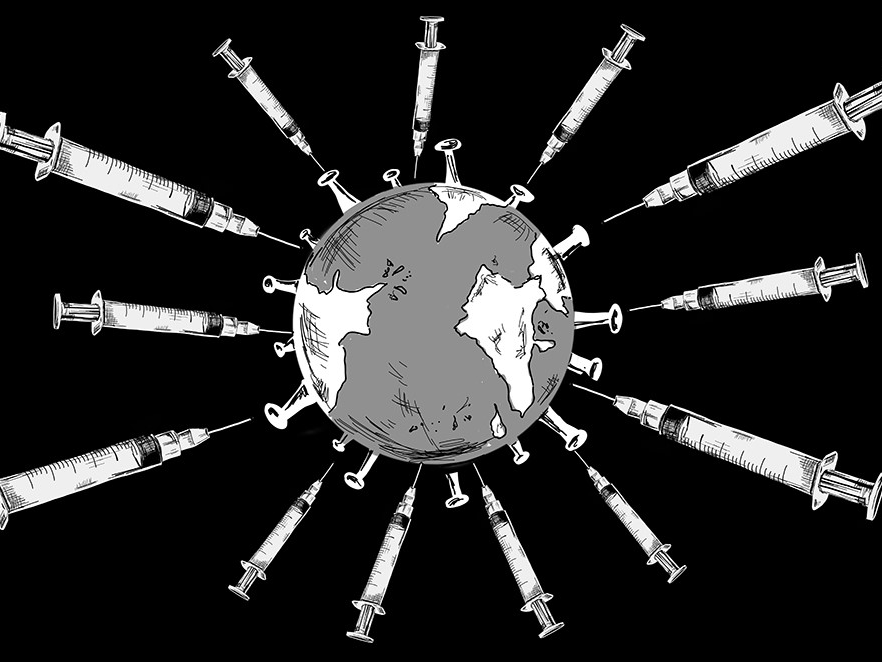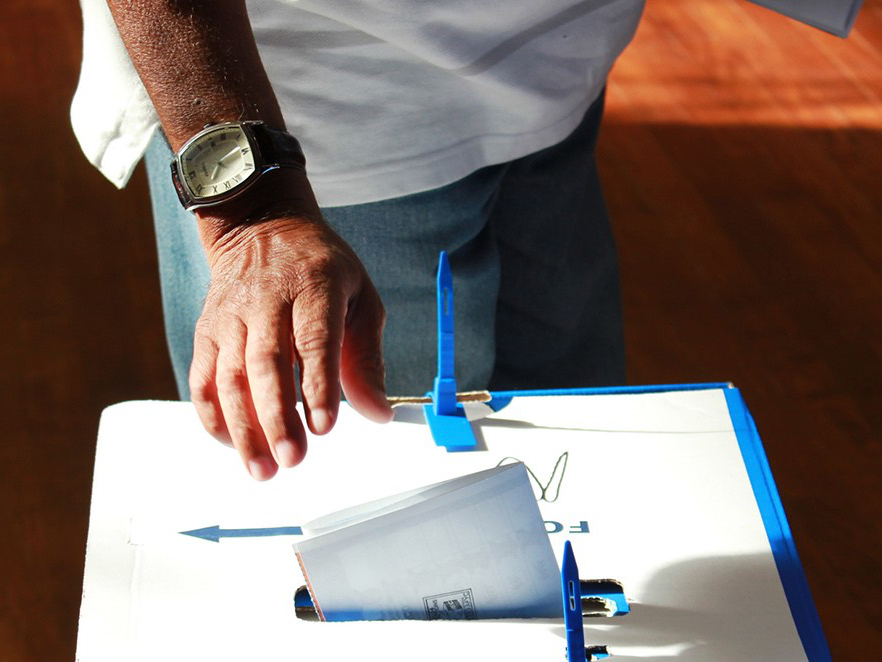The “Value Creation Group” is a function within Private Equity. Our role is to partner with our Deal Team, Responsible Investment colleagues and portfolio company management teams throughout the deal lifecycle to drive growth, manage risk and prepare for exit. Our “helicopter view” of the entire portfolio helps us spot trends and share best practice globally.
The Actis Private Equity portfolio is large and diverse. We manage 67 investments for over 300 Limited Partners in 7 funds and 21 countries. We have majority and minority stakes in private and listed businesses, with and without leverage. Through these businesses, we are responsible for the health, safety and livelihoods of some 120,000 people and their families.
So how has the task of managing this portfolio been impacted by COVID‑19? Here are my top-10 COVID‑19 challenges:
1. Preparedness
We had an early warning with four investments in China (one in Wuhan, the epicenter of the outbreak); many of our investee companies were initially less concerned, saying, “It’s a China problem” or “We have no Chinese suppliers” or “We only have a few infections in our country”. The severity of the situation only really started to hit home, if you’ll forgive the pun, when colleagues dialed in to video calls from their living rooms wearing masks.
The exponential rate of infection around the world took many by surprise, as did the shock as stock markets, currencies and revenues collapsed. And while this prompted action, many “downside cases” needed even further downward adjustment before we felt the liquidity risk was properly understood. COVID‑19 was going to put a big dent in cash flows – better to plan how to solve for big gaps than wish away the issues and fall short.
2. Remote crisis management
War rooms and whiteboards are sorely missed. Getting used to working through screens hasn’t been easy. There are benefits though: for example, live polling allows you to garner opinions, even votes on controversial topics, anonymously and avoiding herd mentality.It also keeps participants engaged. We used this to great effect in a recent business planning workshop to get buy-in around the likely depth and duration of this crisis.
3. Forecasting
Will we see a V-, U- or W-shaped recovery? How long will it take to get back to the pre-crisis peak? We’ve all heard the adage that, “the only thing certain about a forecast is that it will be wrong”. Never was this truer than now!
Our advice has therefore been to identify the main input variable (such as % of last year’s sales in a restaurant business) and plot closing cash under two or three different lockdown scenarios (length, severity). Then plan for the worst and hope for the best.
4. Reliable sources of information
Conflicting advice and lack of or unreliable data have made decision-making especially hard. Part of the role of the Actis Coronavirus Committee, which I sit on representing Private Equity, has been to curate and disseminate trusted sources of information to simplify decision-making as best we could. As the virus spread outside China, we were able to share lessons and best practices learned in China with our portfolio companies around the world, which continues today as China comes out of (and in some cities re-enters) lockdown. In some cases, we have been able to share financial and operating KPIs from either side of lockdown with similar businesses elsewhere to bring some science to the process.
5. Leadership
COVID‑19 has impacted every employee, family and community in our portfolio. Management have been in the trenches, developing plans, communicating tough decisions and rolling out widespread changes to working lives and livelihoods. Throughout this pandemic, their first priority has been the health and safety of anyone coming into contact with their organisation. This includes the mental wellbeing of a workforce under stress. The best leaders have shown decisiveness and pragmatism; they have over- rather than under-communicated; they have put people first, capitalism second. This more human approach extends to customer, supplier and other stakeholder relationships (e.g.lenders) – empathy, leniency and transparency have gone a long way in preserving goodwill and preparing for the recovery.
6. LP communication
Understandably, our clients are anxious to understand what is happening across their portfolio investments. We have received record inbound enquiries, with valuation and liquidity the major topics.
We held special COVID‑19 briefings with each of our funds to highlight issues and provide an early “street-view” guide on valuation before releasing formal valuations a few weeks later.
Across our entire portfolio (as at the end of March), our impact assessment showed that the single biggest factor was “Regulatory”, where authorities imposing closures effectively shut down operations at portfolio companies. This obviously correlated closely with red traffic lights on “Demand”, “EBITDA” and “Liquidity”. Our consumer-facing businesses (e.g. restaurants, coffee shops, retailers) were hardest hit as were suppliers into consumer end-markets. Supply chains were, on the whole, only moderately impacted.
Through a combination of acting early and taking an extremely conservative approach to leverage, we are estimating a total potential cash requirement of just over $20m across our 67 investments, with only $2m of this having been required at the time of writing.
7. Exits
As the COVID‑19 outbreak first started to make the news in the Far East, we took the decision to exit a significant portion of our remaining stake in Brazilian payments business, Stone (NASDAQ: STNE), returning over $400m to LPs.
Of our other exits scheduled for this year, many processes have been paused until travel restrictions ease; however, a handful have continued throughout the crisis and we hope to be able to conclude them by year-end.In parallel, we are ramping up exit-readiness programs to win back as much time as possible.
8. Being on the ground
We have run virtual Board meetings, crisis management planning sessions, strategy workshops, recruitment processes and advisor beauty parades throughout lockdown, but some exercises require physical meetings and site visits before (and after) they begin.
Luckily this is not the case in FX hedging, where we have been able to put in place a number of Non-Deliverable Forward hedges to protect against potential currency devaluation. We have also been successful in recapitalising, amending or extending debt facilities wherever this has been necessary during the pandemic.
9. Origination and capital deployment
For the same reasons that exits have slowed, capital deployment timelines have been impacted even if origination efforts have not. Helpfully, a pandemic like this underscores the importance of investing in sectors with strong underlying fundamentals and conservative capital structures. It has also accelerated a number of behavioral shifts that were happening anyway, such as online learning, online shopping, cashless payments and digitisation. Coming out of COVID-19, we are expecting to see a number of quality business requiring liquidity and representing attractive acquisition opportunities.
10. The new normal
As lockdown restrictions are slowly relaxed around the world, and oxygen slowly seeps back into the economy, we are entering what will undoubtedly be a difficult and long period of rehabilitation for economies and businesses around the globe. Customers, suppliers, competitors, capital providers, buyers and sellers of businesses – all are starting to uncover new priorities and objectives as they adjust to this new era. As investors, we will need to be more agile than ever before. There will be long slow recoveries for some, bounce-backs for others and a whole new set of value creation and investment opportunities.
As we emerge from the throes of this pandemic, there is one constant we are all reminded of – the importance of doing the right thing. As we say here at Actis, values drive value.







